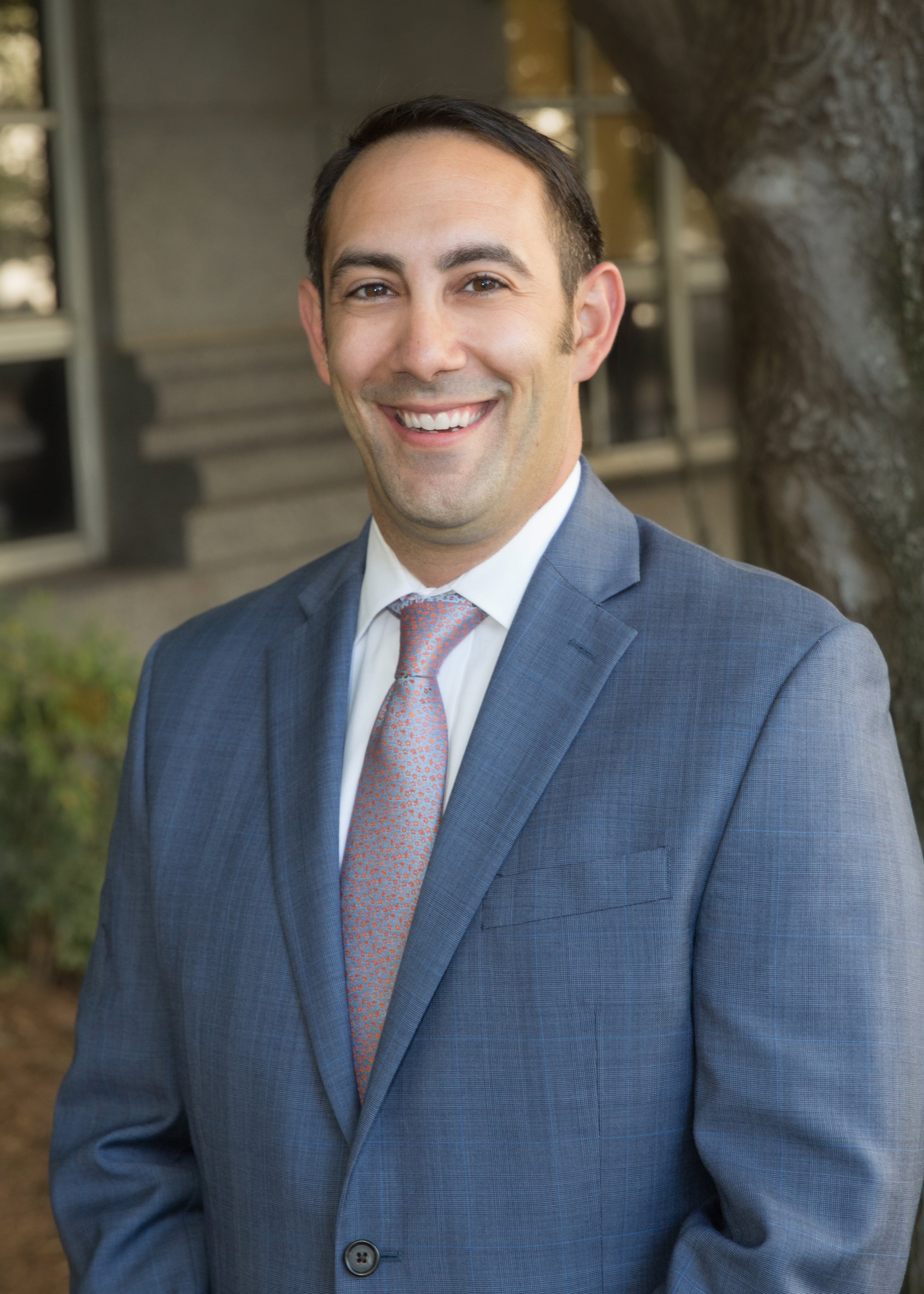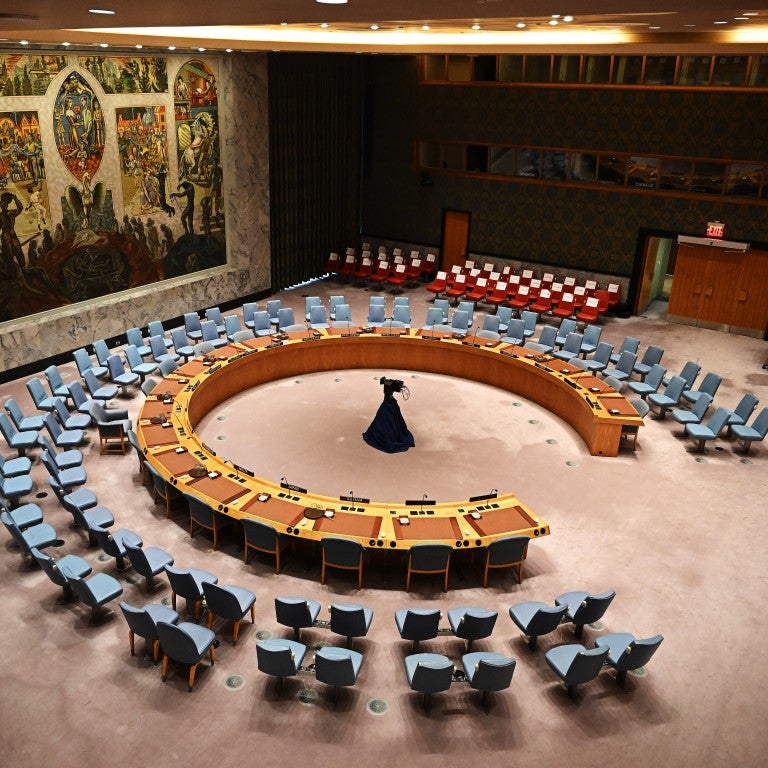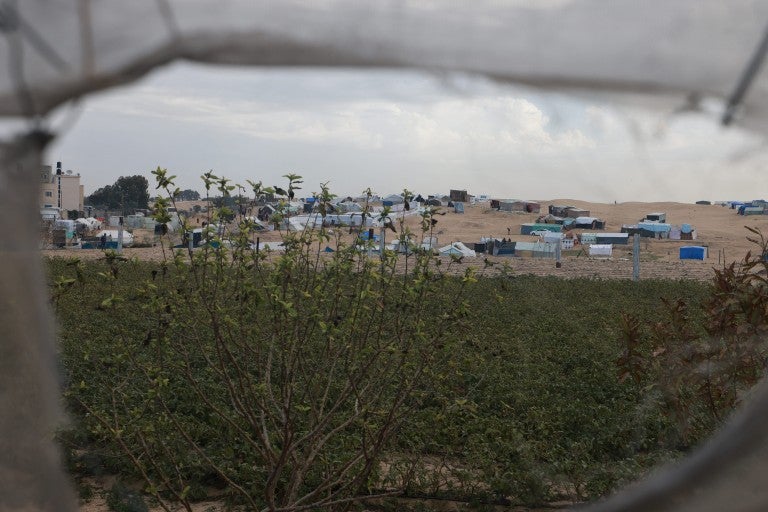October 4, 2024
This piece originally appeared in The Atlanta Journal-Constitution.
When news broke over Labor Day weekend that six of the hostages held in Gaza by Hamas terrorists had been executed by their captors, it was a gut punch, one acutely felt by the Atlanta Jewish community.
Among the murdered was American-Israeli Hersh Goldberg-Polin. His family would meet at Camp Ramah Darom, about 100 miles north of Atlanta, each Passover to celebrate the holiday. Many in the Atlanta Jewish community are connected to the family, either from this camp or others.
The importance of camps for many Jewish youth cannot be overstated. It is a place where they can build a community that lasts a lifetime, one that might be lacking at home.
Jewish camp has left an indelible mark on me. I was 9 the first time I went, and I continued to attend until I was 24, when I served as a counselor. I developed an enduring network of friends in the United States, Israel and other countries around the world.
I learned everything at camp: leadership, team work, public speaking, how to have difficult conversations and, especially, the importance of Zionism, the support and continuation of the state of Israel and the Jewish people around the world.
Indeed, there are thousands of Jewish children who have had similar experiences. Camp instilled the values of “Ahavat Israel,” a love of Israel. Camp also was where you got to know Israelis. They served as counselors and specialists, and helped to forge our connection to the Jewish homeland.
That was why the despair, shock and horror from the Hamas massacre in Israel last Oct. 7 hit especially hard, when we learned that 1,200 people were massacred and 251 were taken hostage. My camp network mourned at least four people directly connected to the camp who were killed and hundreds of others who had friends or family killed. One alumnus, Omer Neutra, is one of the remaining seven American hostages among the 101 still being held in Gaza.
The scope of Hamas’ brutality made any good news all the more comforting. When the aunt of a camp friend was released from captivity last November, it was as if a member of my own family had been rescued. We desperately need more moments like that.
Camp provides what I call a Jewish bubble. When you are there, you don’t have to think about being Jewish. There is nothing to explain, nothing to defend. For many, the situation is very different back home.
Not a day goes by without seeing another story about an antisemitic incident taking place. Unfortunately, metro Atlanta has not been spared.
From elementary schools to college campuses, Jewish students continue to experience antisemitism, which has become more prevalent and dangerous since Oct. 7. Businesses are targeted for boycotts just because they are owned by Israelis or American Jews. Protests include chants for the annihilation of the State of Israel.
It has led many once loud and proud Jews to conceal who they are. American Jewish Committee’s State of Antisemitism in America 2023 Report found that 46% of American Jews have changed their behavior out of fear of antisemitism. Even more staggering, 63% of Jews surveyed said the status of Jews in the United States was less secure than a year earlier. When that same question was asked two years ago, only 31% shared that view.
Jewish people comprise 2% of the U.S. population but accounted for 68% of religiously motivated hate crimes in the United States reported in 2023, the FBI said.
It was as if Oct. 7 provided a license to hate. Jews are not exaggerating when they say they feel they are under siege. But it has only made my camp network stronger and more meaningful to me. Together, we pray for the release of the remaining hostages.
They are us, and we are them.
We also will pray for those murdered by Hamas on and after Oct. 7 and those killed while defending Israel. May their memories be for a blessing.






